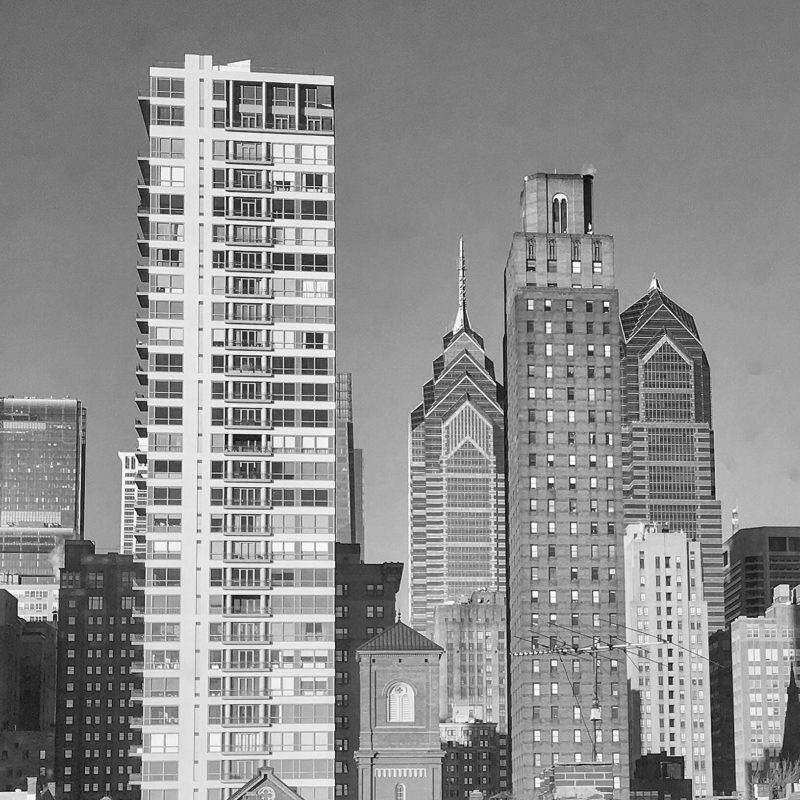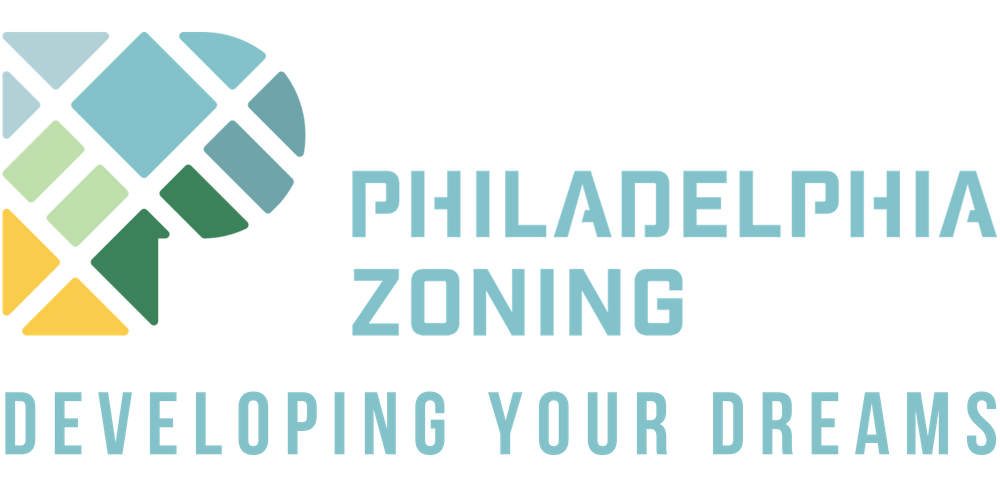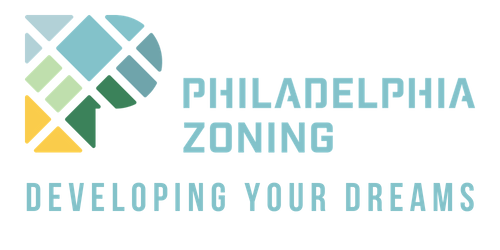
Monday was my first day at Philadelphia Zoning. To say it was overwhelming would be putting it mildly. I have a BA in Urban Studies, but the training of a university degree doesn’t compare to the concrete knowledge I’ve obtained in my first week here. I knew from my studies that cities are the impetus of economic growth propelling places like Dubai from a dusty desert to a gleaming metropolis in only a number of years. But how do these economic engines run? This is a question pondered by scholars in ivory towers, even by massive entities like the United Nations. But despite the inspiring ideas put forth but these institutions, concrete solutions come from practically minded individuals like Alexa Ahrem whose work reminds me of the sherpas I met while visiting Northern India. At 4’9” Alexa stands under the looming shadow of an enormous mountain with nothing but confidence. With her experience and expertise, Alexa guides entrepreneurs, developers and established business owners to the summit of permits and licenses, ensuring they obtain the official seal of approval before they begin their project.
The City of Philadelphia is regulated by a comprehensive and complicated Zoning Code.The current code was established in 2012. So it is a morphing document filled with constantly changing nuances. The minefield of the zoning code regulates virtually all of the space within the city. And it is important that we think of in terms of space rather than buildings or land because the code has specific requirements for open air, and other similar types of negative space. It can also specify the kind of activities which can take place. However, while the Zoning Code is full of very specific rules, there is quite a bit of flexibility to what is allowed. This flexibility is known by the terms Variance or Special Exception.
Entrepreneurs are the fuel which powers the economic engine of the city. Unfortunately because of the zoning code is complicated and inconsistent our city isn’t an efficient engine. In order for a builder, developer, or entrepreneur wants to move forward with their projects and plans they must obtain a zoning permit to either make changes to the space they want to inhabit or simply to register how they will be using their space. That’s where we come in.
The first step is to determine if you will need a special exception or variance to complete your project, or if your project is allowed by right. To do this we use one of our favorite city resources- Philadelphia Zoning Map. Here you can search the address of any property to see not only how it is zoned by the city, but also if there have been any neighborhood imposed “overlays” or additional specifications to the code. Once you find your property you can navigate to the American Legal online resource by clicking the link for More Info. Here is where you will find all of the most up to date specifications of the code. No matter what it is you want to do this is where you will find your answer. Do you want to build an addition to your house? Take down a wall? Turn a house into a business? Make a single family home into a multi-family home? The zoning code will tell you- yes, no, or s (special exception).
If your particular project is allowed per the code you can move forward with your project as something done by right. To do something by right all you have to do is go down to the city, fill out an application register your intentions and you will be issued your permit that day.
If however, you find that what you want to do is either not allowed by the zoning code or requires a special exception you should expect at least a three to six-month timeframe to obtain your permit. The process begins with the same procedure mentioned before for obtaining a permit by right. However, in this case, you will not leave that day with a permit, instead, the city will issue a refusal which you will appeal.
The appeal process requires you to present your plans to the local community to give the registered neighbors association a chance to voice their concerns. At the end of the meeting, the community members vote to allow or disallow your project. The outcome of this vote is not the final decision. Following the community board meeting, you will present to the Zoning Board of Adjustment (ZBA). At this meeting will present your case to the city who will consider your plans as well as the decision of the neighborhood association, and the comments of any persons who attend the meeting. The ZBA has the final say. At the conclusion of your hearing the ZBA will issue a notice decision to allow, disallow, or reconsider your project at a future date.
If the project is approved at the ZBA hearing, it is important that you continue to wait for you official permission to be issued. The notice of the decision is NOT a permit. When your permit is ready you will have 60 days to collect your permit and 6 months to 3 years to begin your project. If you permit is not collected, or the project is not completed within the given timeframe the variance will be retracted and property will revert back to the original stipulations of the zoning code.
Congratulations! You’ve got your permit, now get going! Or if you are still standing at the bottom of that mountain, give us a call, we’d love to be your guide!


Pingback: American Movement - Philadelphia Zoning